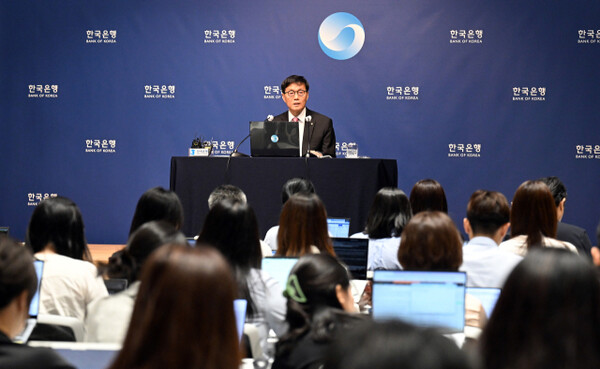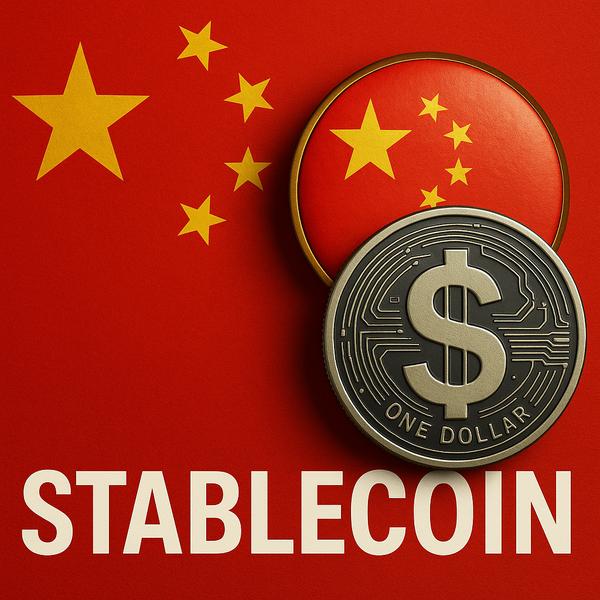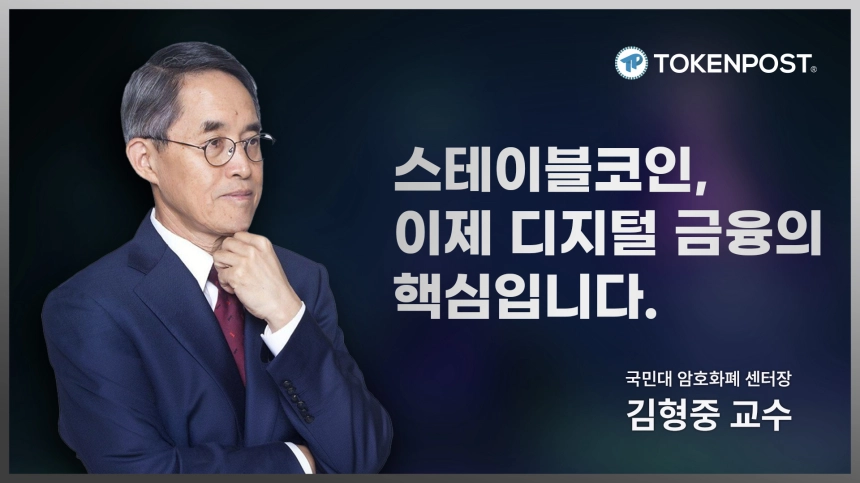
Lee Chang-yong, Governor of the Bank of Korea, expressed concerns about the introduction of a private-led won stablecoin during a discussion with overseas central bank governors.
At the European Central Bank's (ECB) annual monetary policy forum held in Sintra, Portugal on the 2nd (local time), the governor was the first to speak when asked whether stablecoins should take priority over central bank digital currencies (CBDC), warning that the issuance of a won stablecoin could lead to capital outflows.
The governor emphasized, "If a won-based stablecoin is allowed without regulation, the conversion to dollar-based stablecoins could accelerate" and "This could trigger capital flight and weaken Korea's capital flow regulations."
He noted, "With the recent passage of the 'Genius Act' stablecoin regulation bill in the United States, demand for dollar-based stablecoins has surged" and "Consequently, fintech companies and stablecoin supporters in Korea are increasingly demanding the issuance of a won stablecoin."
He added, "While conducting a tokenized deposit pilot project with commercial banks within a permissioned network, the issuance of stablecoins in a public network is an entirely different matter" and "This is beyond the Bank of Korea's authority and requires close consultation with relevant ministries."
He also expressed skepticism about the stability and effectiveness of stablecoins. The governor said, "While there are claims that blockchain technology is effective in preventing money laundering and identifying illegal transactions, we are not confident that this can actually be implemented." He further added, "Due to structural issues such as narrow banking and monetary policy impacts, we need to discuss institutional solutions with the government."
Central bank governors from major countries who attended the forum raised similar concerns. Andrew Bailey, Governor of the Bank of England (BOE), stated, "Since stablecoins claim to function as currency, they must actually meet the conditions of currency" and "If they cannot maintain nominal value and serve as a means of exchange, it would be difficult to accept them as money."
Christine Lagarde, ECB President, pointed out that stablecoins could undermine monetary policy independence. She said, "We are currently facing a situation where the concepts of money, payment methods, and infrastructure are becoming blurred due to technology. Money is a public good, and protecting it is the central bank's responsibility." She criticized that if "the privatization of money" occurs, it could undermine a specific country's monetary policy capabilities and monetary sovereignty.
Jerome Powell, Chair of the Federal Reserve, agreed with the previous concerns but noted that the ongoing stablecoin regulation discussions in the United States are positive. He added, "With cooperation between the Republican and Democratic parties, substantial progress is being made" and "If we are to accept stablecoins, we must absolutely establish a corresponding regulatory framework."






